Burkina : "I invite all citizens to give an opportunity to peace," Pastor Robert Osei-Bonsu
Burkina/Religion: "I invite all citizens to give an opportunity to peace," Pastor Robert Osei-Bonsu
Published on Wednesday, July 24, 2024, at 21:45
[Photo -Lefaso.net : Pastor Robert Osei-Bonsu]
As part of his annual tour of the various representations of the Seventh-day Adventist Church to assess the progress of activities, Pastor Robert Osei-Bonsu granted an interview to Lefaso.net on Tuesday, July 16, 2024, in Ouagadougou. Elected President of the West-Central Africa Division of the Seventh-day Adventist Church in June 2022, Pastor Robert Osei-Bonsu calls for peace and unity. He believes that Burkina Faso must promote dialogue to achieve peace. "I invite all citizens to give an opportunity to peace by collaborating and working together," he suggested.
Lefaso.net: What is the purpose of your visit to Burkina Faso?
Pastor Robert Osei-Bonsu: This visit is a pastoral visit. We have come to see what our members of the Seventh-day Adventist Church are doing, how they are doing, and how the church's activities are progressing in Burkina Faso. The Seventh-day Adventist Church is a global movement. It is established in almost every country recognized by the United Nations. The church is subdivided into ten unions across the different states where it is established. Burkina Faso belongs to the East Sahel Union Mission territory. Our presence in Burkina Faso is an opportunity to further encourage our members to be good citizens who participate in development. We have a representation of the Adventist Development and Relief Agency (ADRA) in the country. This institution is dedicated to improving the social life of the community, and the office established in the country is doing an excellent job considering the missions entrusted to it.
How do you plan to strengthen the activities and presence of the Seventh-day Adventist Church in Burkina Faso?
We need to grow. The presence of the Adventist Church is not very visible in Francophone countries. We are doing our best to strengthen our presence there. We will use various social networks and initiate several social interventions to make the church known. We will meet with our Adventist church leaders, our universities, high schools, and primary schools, our health centers, and ADRA officials to understand the specific challenges and opportunities our members face to support them effectively. This visit is of great importance because we are implementing our strategic plan 2025-2030. Our visit to Burkina Faso will thus allow us to appreciate all the activities of the Seventh-day Adventist Church being carried out there. This will help provide strategic directions to strengthen our mission.
How do the initiatives of the Adventist Church contribute to the social and economic development of local communities?
The Adventist Church implements various initiatives that have a significant impact on social and economic development. Through ADRA's initiatives, for example, we plant trees, provide seeds and financial support to farmers to carry out their agricultural activities, which helps improve their living conditions. We also assist internally displaced persons and help them engage in income-generating activities. We also drill boreholes for communities in need.
[Photo - Lefaso.net : Pastor Robert Osei-Bonsu surrounded by his closest collaborators, including Pastor Adjéoda Simon Djossou (right) and Pastor Ben Issouf Ouédraogo (left)]
Our schools help increase the availability and quality of education in Burkina Faso. The same goes for our health centers. We have an area set aside for agriculture and a center dedicated to training people in seasonal and off-season farming techniques.
What is your main message to Burkina Faso during this visit?
It is truly sad to be displaced in one's own country due to a security crisis. We all aspire to peace. It is even sadder to know that those causing this crisis are also sons of this country. Therefore, we call for peace and unity. I have learned that Burkina Faso is called "the land of upright people." We must therefore live up to the name we bear. If we have problems among ourselves, we must sit down and dialogue. We must promote dialogue because war delays a country's development and negatively impacts its youth. Let us invest in improving the living conditions of the population. There are various natural resources to exploit to initiate development in Burkina Faso. I invite all citizens to give an opportunity to peace by collaborating and working together because peace is very important. It allows one to invest what little they have without fear.
We have not yet seen a country that has experienced growth during war. So, let us give dialogue a chance to build a beautiful and prosperous nation. My main message to Adventist believers in Burkina Faso is a message of hope and unity. I encourage them to remain firm in their faith, work together for the common good, and be ambassadors of peace and love in their communities. Together, we can overcome challenges and build a more just and prosperous society.
How can the Adventist Church contribute to promoting peace and unity within local communities?
The Adventist Church plays a key role in promoting peace and unity by being a model of tolerance and understanding. We regularly organize peace forums and mediation workshops that encourage dialogue and peaceful conflict resolution. We always ask our members never to get involved in activities that could hinder the country's development. By advocating for values of respect and solidarity, we can help forge stronger bonds between different communities.
If there is no peace in the country, we cannot go to church or work. That is why we teach our members to be good citizens.
Can you share some examples of successful Adventist Church initiatives in promoting peace that could be applied in Burkina Faso?
We have a significant presence in Rwanda. During the civil war between the two ethnic groups (Hutu and Tutsi), we made an effort to remain neutral in the crisis, although we later learned that some of our members were involved in the conflict. Today, through the teachings we provide, the support for reconciliation initiated by the authorities of Rwanda, and our peace seminars, we instill in the population the culture of non-violence and invite everyone to dialogue for true reconciliation. We support government reconciliation initiatives.
[Photo - Lefaso.net : "The Seventh-day Adventist Church has more than twenty-two million members worldwide," says Pastor Robert Osei-Bonsu, President of the West-Central Africa Division of the Seventh-day Adventist Church]
If you go to Rwanda, you will see that the Seventh-day Adventist Church is highly respected. We have over a million members in the country. We have built universities, primary and nursing schools there. We also have a health university that collaborates with the government. Appreciating the role the Adventist Church plays in the country's development, the government offered a health training school. Whatever we can do in partnership with the government to promote peace and use what we have for that purpose, we are ready to engage in it. On the eve of elections in Ghana, we hold peace forums.
What is your vision for the youth in the future of the church and community development?
My vision for the youth is for them to become dynamic and engaged leaders, both within the church and in society. This involves training them in entrepreneurship. As we experienced in Ghana this year, we have a team that trained students in various sectors to enable them to create their own businesses. We do not want students to continue relying on the government after their studies. At the end of the training we provide, we recommend them to various organizations that can potentially fund their projects. We show these young people how to develop a project and how to be exempted from taxes during the start-up of their activities. We plan to provide this type of training in each Union starting next year.
The other area we want to address is youth development and leadership. We want to train our youth to be good leaders. The challenge we face in our society is a lack of morality. If our young people are endowed with moral qualities and live a decency life, there will be changes in society.
Today, everyone talks about your president. We do not live in Burkina Faso, but from what we hear, his leadership is exemplary. He uses his own car instead of taking the people's money to build a big house. He finances agriculture. If all this is true, these are qualities we hope to find in the youth. People talk about what Thomas Sankara did in the past, and we hear that the current president is also doing the same. These are the types of people we are looking for. True to the definition of Burkina Faso, we must show that we are a country of upright people. Each of us must be seen as noble individuals.
By Hamed Nanéma
Lefaso.net Top of Form
Bottom of Form

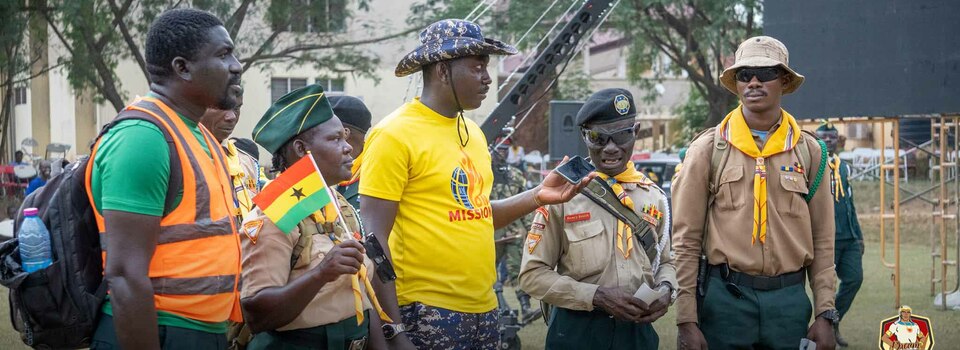
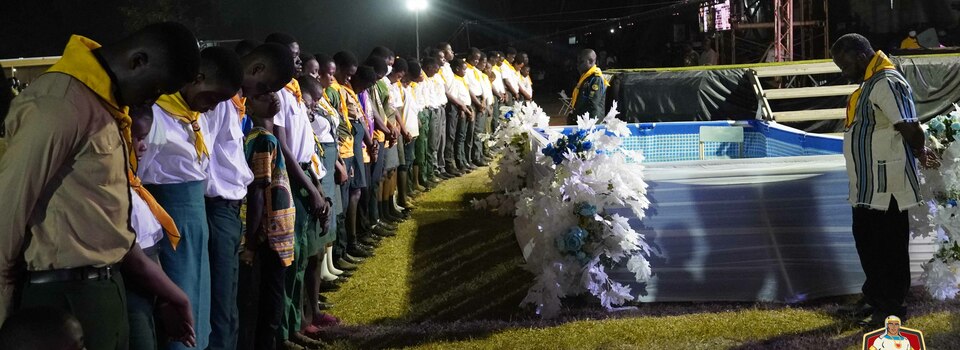
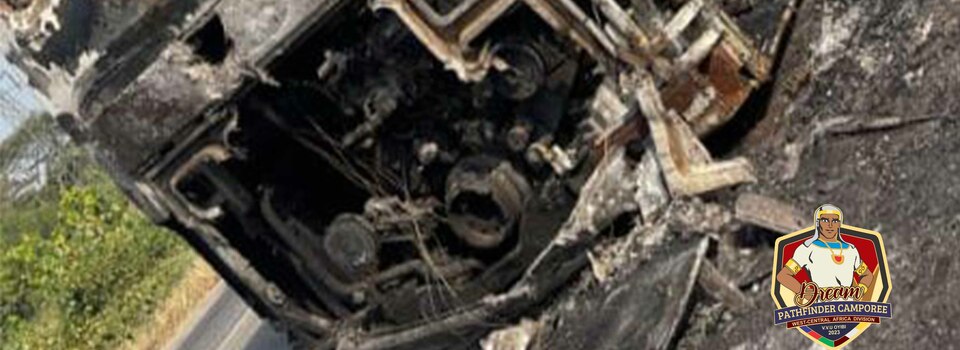
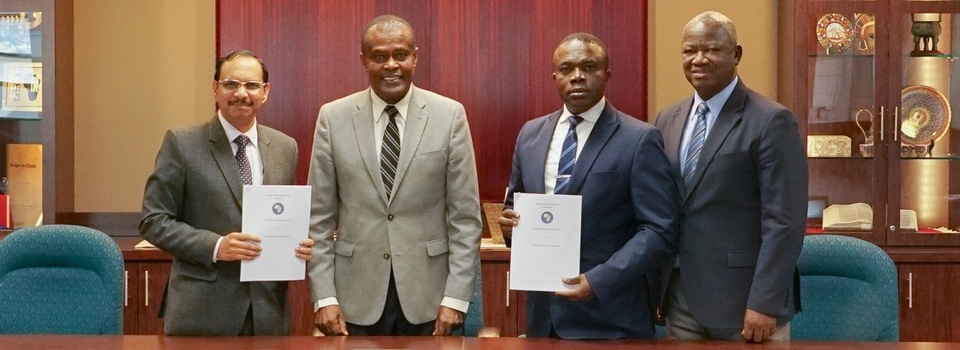
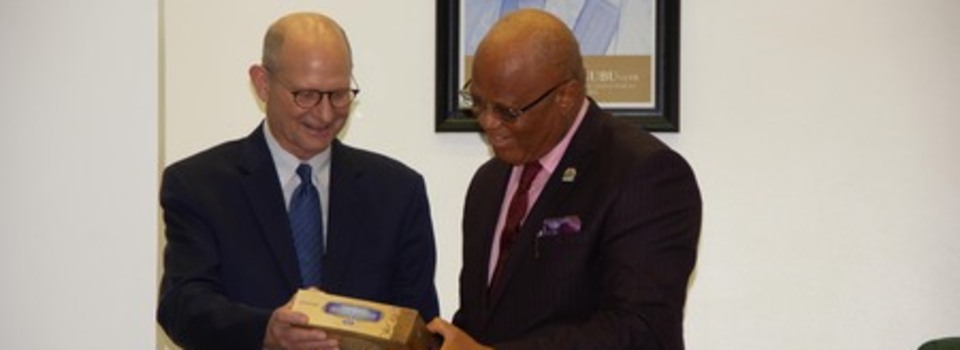

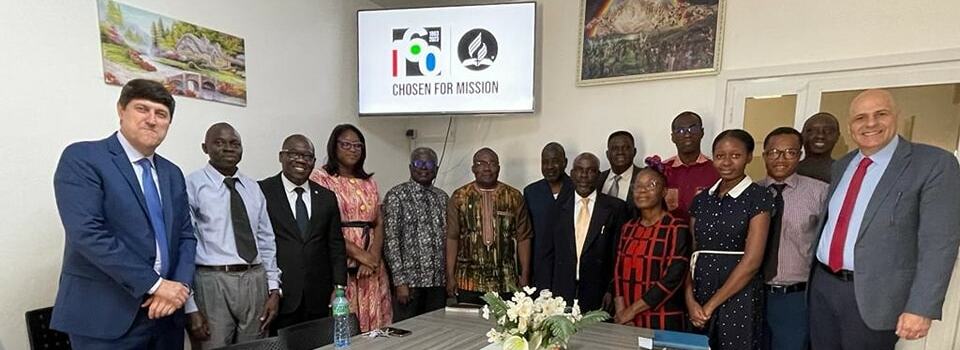
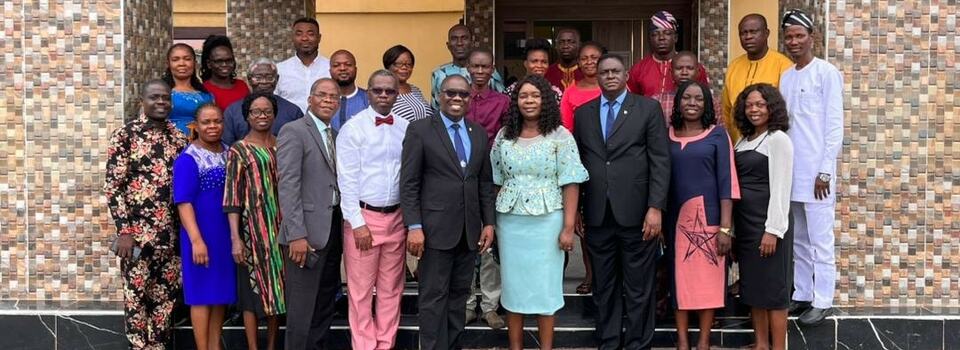
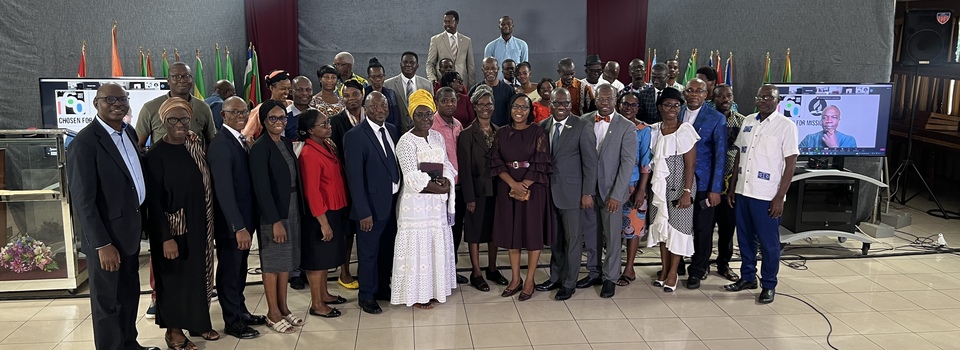
0 Comments
Add CommentAdd your comment
To add a comment you need to login or register.